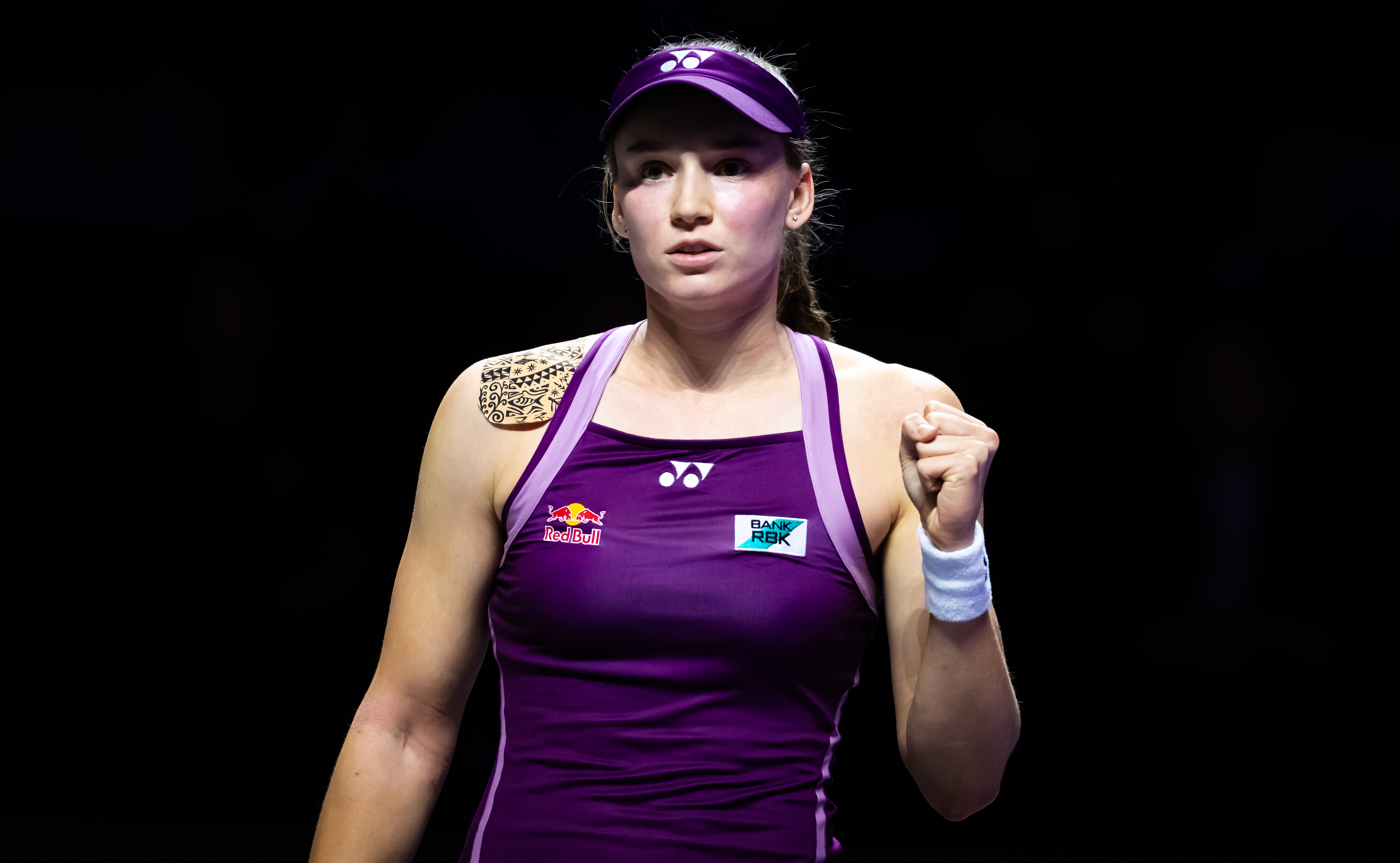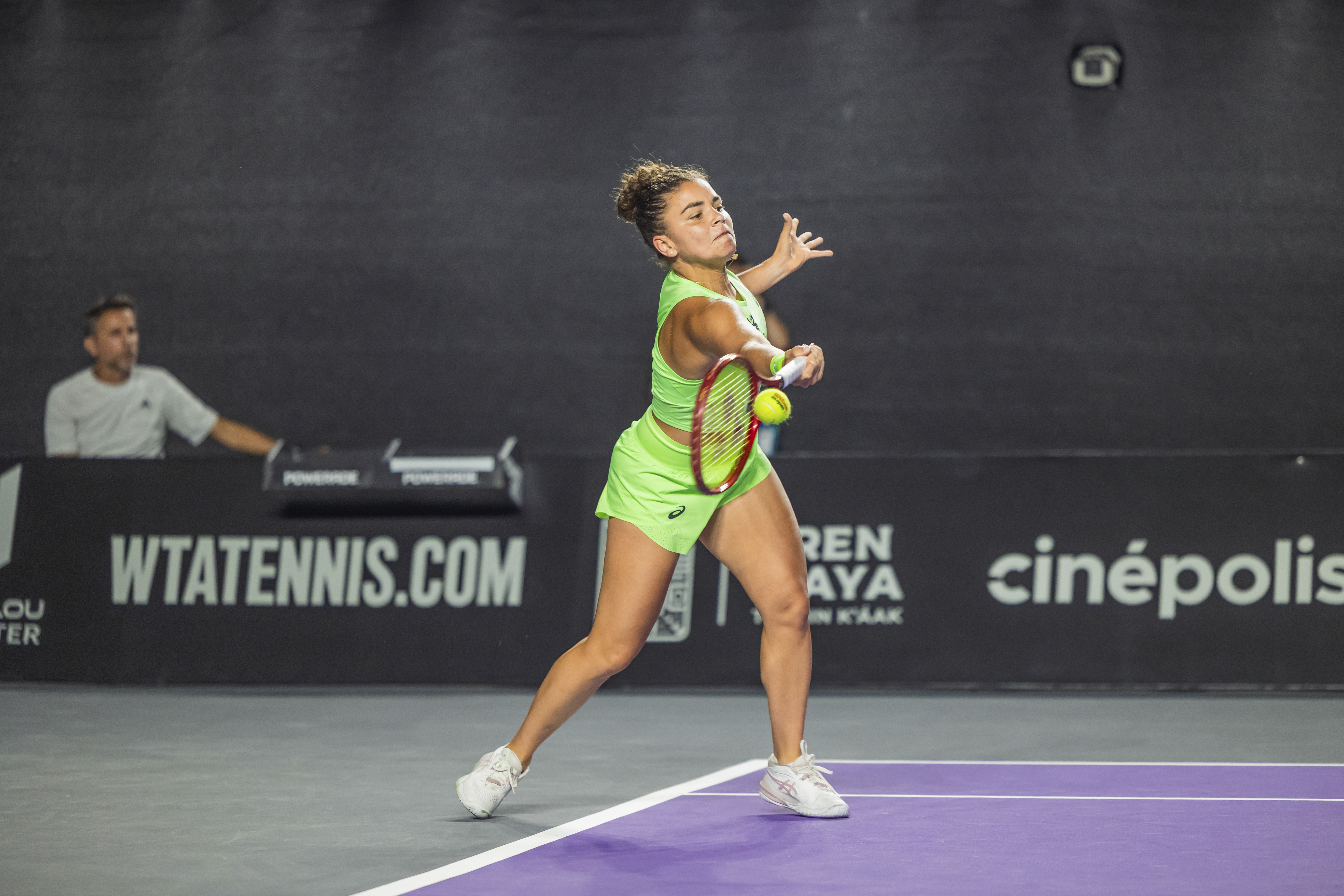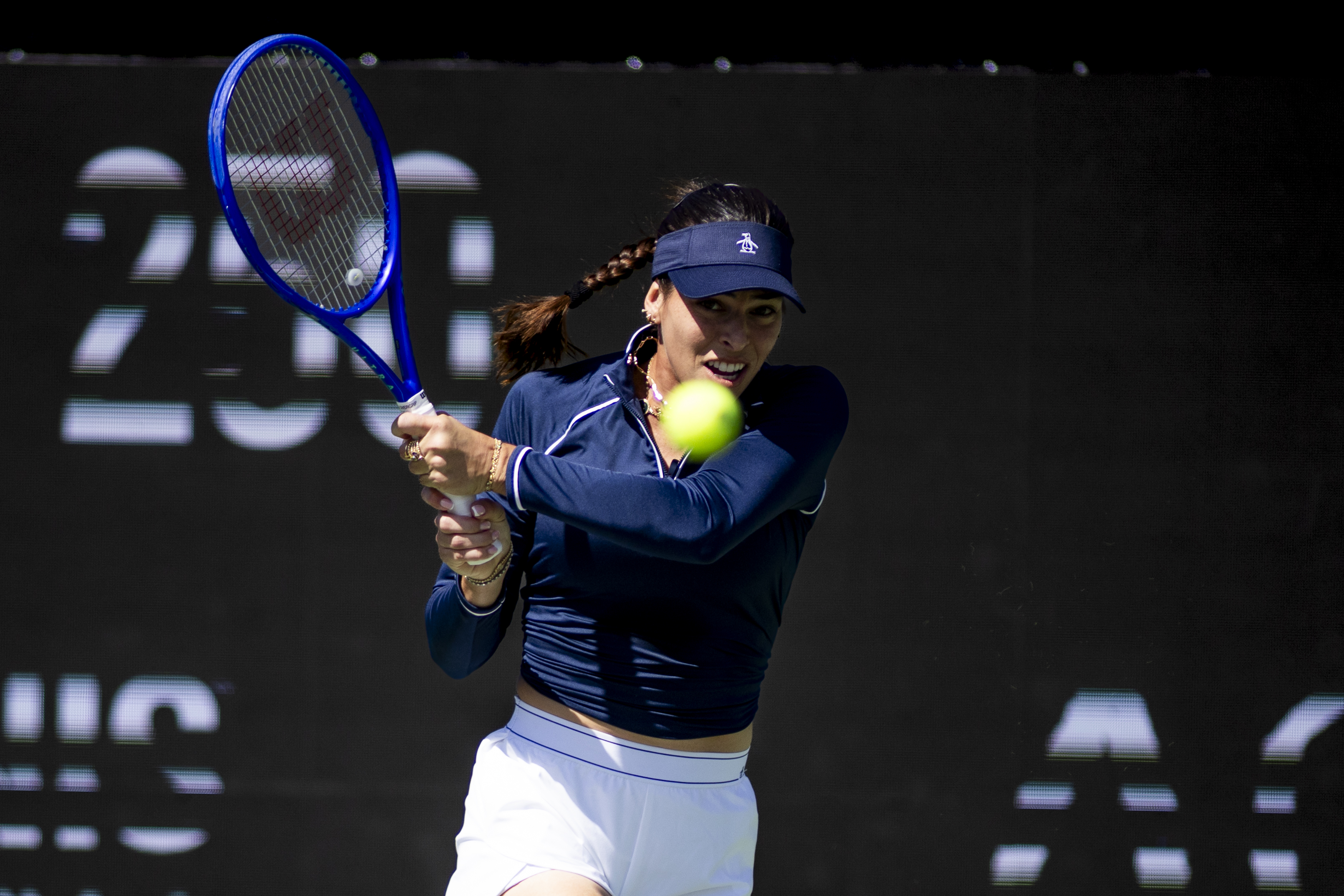Rybakina turns pressure into WTA Finals glory
Under Riyadh’s intense lights, Elena Rybakina channeled an 11-match surge to outmaneuver top-ranked Aryna Sabalenka, claiming the year-end title with tactical precision and unyielding focus.

In the charged atmosphere of Riyadh’s arena, where the hardcourt’s swift pace amplified every shot, Elena Rybakina emerged as the unlikely champion. The last to qualify rode her momentum into a clash against World No. 1 Aryna Sabalenka, both flawless through group play, and delivered a 6-3, 7-6 (0) verdict that silenced the favorites. Her flat groundstrokes and measured returns dismantled the Belarusian’s power, turning the final into a testament to composure amid escalating tension.
Streak builds unshakeable resolve
Rybakina’s journey ignited on Strasbourg’s clay, where early grit fueled a three-title season capped by Ningbo’s hardcourt triumphs, honing her aggressive returns and baseline depth. As the No. 6 seed, she entered with a 58-19 record, her strongest yet, transforming the burden of late qualification into focused intensity during practice sessions. In the first set, crosscourt forehands disrupted Sabalenka’s rhythm, forcing errors and securing a break that set the tone for her steady advance.
The psychological shift shone through as she preserved energy for the tiebreak, blending topspin drives with slice backhands in a precise one–two pattern to vary pace and keep her opponent guessing. This marked her first victory over a reigning No. 1 since their Cincinnati quarterfinals encounter, narrowing the head-to-head to 8-6 and elevating her record against top-ranked players to 8-6. Crowd energy swelled with each hold, her quiet demeanor a counterpoint to the mounting drama.
Surface favors tactical mastery
The Riyadh hardcourts, with their brisk bounce, rewarded Rybakina’s penetrating style over Sabalenka’s topspin-heavy assault, allowing inside-out forehands to pin the top seed deep and open angles for down-the-line passes. She approached the net five times in the second set, a bold shift that conserved points and exposed unforced errors, tallying 18 from her rival alone. This adaptation not only neutralized booming serves but also highlighted Rybakina’s growth across surfaces, from clay resilience to hardcourt command.
Sabalenka, fresh off the US Open and two WTA 1000 titles in a 63-win campaign, struggled to adjust, her frustration evident in racquet twirls as the tempo quickened. Yet her runner-up prize of $2.695 million shattered Serena Williams’ 2013 single-season record, underscoring a dominant year that secures year-end No. 1 status for the second straight time—a feat shared by only seven women. Rybakina’s $5.235 million haul completed her arc, positioning her for a career-high No. 5 finish.
Legacy reshapes tour dynamics
As the 10th consecutive first-time WTA Finals champion and the fourth from the No. 6 seed in seven years—joining Caroline Wozniacki, Elina Svitolina, and Garbiñe Muguruza—Rybakina etched her name in history. She became the first player representing an Asian country to win the event and the fourth since 2003 to defeat a World No. 1 in the final, alongside Justine Henin, Kim Clijsters, and Dominika Cibulkova. The victory’s ripples extend beyond the trophy, signaling a maturing rivalry that promises fiercer battles on diverse courts.
With 2025 drawing to a close, Rybakina’s poise under duress hints at bolder pursuits ahead, challenging the tour’s hierarchy as she eyes 2026 with renewed versatility. Sabalenka’s reign at the top endures, but this Riyadh showdown reveals how patience and precision can tilt the scales against raw power, setting the stage for evolving matchups worldwide.


